International Cooperation
AFPROs journey of Sustainable Development Goals is not confined to national boundaries as we have shared our technical proficiency with developing countries distinctly Kenya, Ghana, Uganda, Afghanistan, Mozambique and Cambodia. Glimpses of such programmes are shared below to turn our visions into reality.
Mozambique Climate Resilience Programme
The Mozambique Climate Resilience Project in South Africa provides a holistic approach to livelihood for robust ‘asset’ development towards risk mitigation: embedding water management to all aspect of the household activities, crop management techniques via increased knowledge of good agricultural practices, gender empowerment, alternative livelihood opportunities such as backyard poultry, second food crop, etc. and empowerment of village level institutions. AFPRO, as one of the partners under the project provides capacity building through technical guidance for the implementation of the activities. Focus of interventions was on infrastructure development for water management and land development. Beside the infrastructure development, farmers are trained on improved agriculture practices in cotton crop. Farmers are organized to promote crop diversification by adopting second crop cultivation nearby to water sources. As part of alternative livelihood activities poultry and goat rearing activities are promoted with the support to group of women members and few selected farmers. Under energy component selected beneficiaries are provided support to set up solar energy based enterprises in the villages for recharging mobiles, lighting and display units for information dissemination & entertainment .The programme has created significant/notable impact on rural community by developing sustainable rural economy and reducing emission footprint. Moreover, other stakeholders like local government administrator, government departments, and local program partners are showing interest to join hands for further collaboration to amplify the outcomes to the region. The approach is found to be replicable in adjacent areas as a viable model.
KENYA BIOGAS TRAINING
Kenya had been trying to adopt the biogas technology since the 1990’s but due to high input cost all of its past attempts had been unsuccessful. With climate change and natural resource depletion being current global challenges Clean Development Mechanisms are the need of the hour, in which Biogas is an crucial embedded component. Atmostfair gGmbH, a CER buyer and CDM consultant, realized the great potential of this technology especially with the plentiful availability of raw material and thus collaborated with Sustainable Energy Strategies Limited (SES) to promote biogas technology in selected areas of Kenya. AFPRO’s patented ‘Deenbandhu Model Biogas Plant’ is one of the most successful models of biogas technology in India. The plant supplements the energy requirements at household levels, while at the same time contributing towards improving soil fertility through the application of biogas slurry in agricultural fields. As already mentioned, biogas technology has been found to be an appropriate option for mitigating climate change, as it reduces the emission of gases into the atmosphere. An advantage of this model is that it is inexpensive, thereby being ideally suited to the rural setting.
Having identified the ‘Deenbandhu Model Biogas Plant’ as a viable option, Atmostfair and SES requested AFPRO to provide its technical support to train rural communities in Kenya to replicate the model. A 21-day training event, held between 6th and 27th July, 2010, was organized in Thogoto Village of Kenya, for local masons who had prior experience in civil construction works. The objective of the training was to provide adequate knowledge and the required skills for the installation, utilization, operation and maintenance of biogas plants. The success of this training was seen when each of the 12 trained masons were able to construct biogas plants on their own, as well as, provide support to one another in the occurrence of minor problems.
On the request of Atmostfair and SES, similarly a second round of On the Job Training on Construction of Deen Bandhu Biogas Plant Model 2000 was organized in Kenya from 1st November,2011 to 11th March,2012. During the training 40 no. of Biogas Plant (capacity 3 cum) were constructed and commissioned and 3 Technicians and 30 masons (20 master masons+ 10 assistant masons) got trained.
NATURAL RESOURCE MANAGEMENT TRAINING IN KENYA
Moving further towards the sustainable and organic agriculture, Sustainable Energy Strategies Limited, Kenya approached AFPRO to transfer the technology on Natural Resource Management and Vermi composting methods. AFPRO deputed one technical staff to deliver the technology of different soil water conservation and the vermicomposting technology.
The on the job training was started from 11th May,2012 and completed on 9th August,2012. During the training programme, total 9 villages had been visited and the team of AFPRO conducted feasibility study of the existed natural resources, topography, existing cropping pattern to identify the potential means to improve the productivity of crop in the area. The main thrust was on the availability of water for irrigation in dry spells and enhances the crop production and soil fertility. During on the job training, construction of 5% farm pond model and vermi compost pit construction trainings were given to the trainees and field workers.
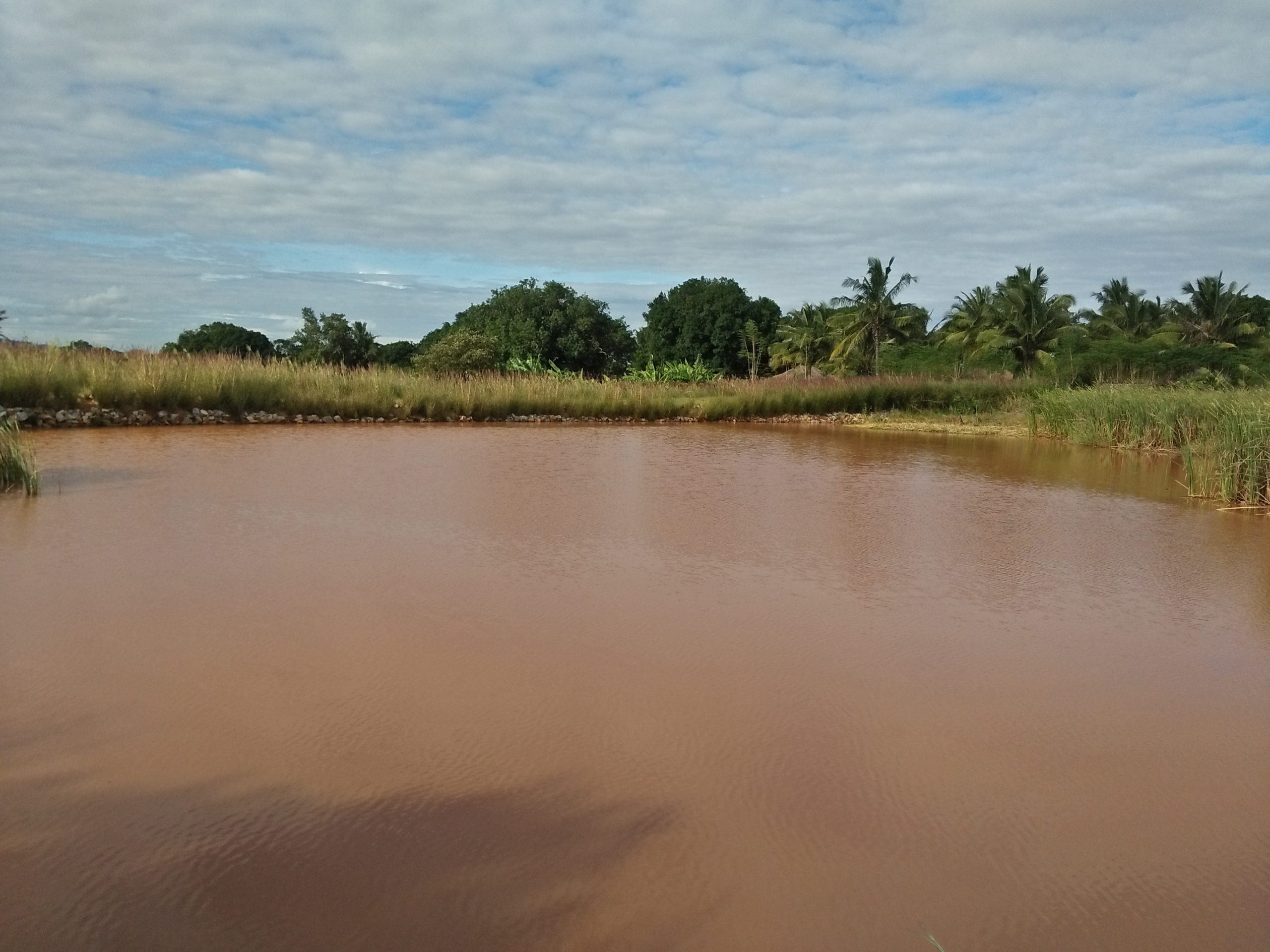
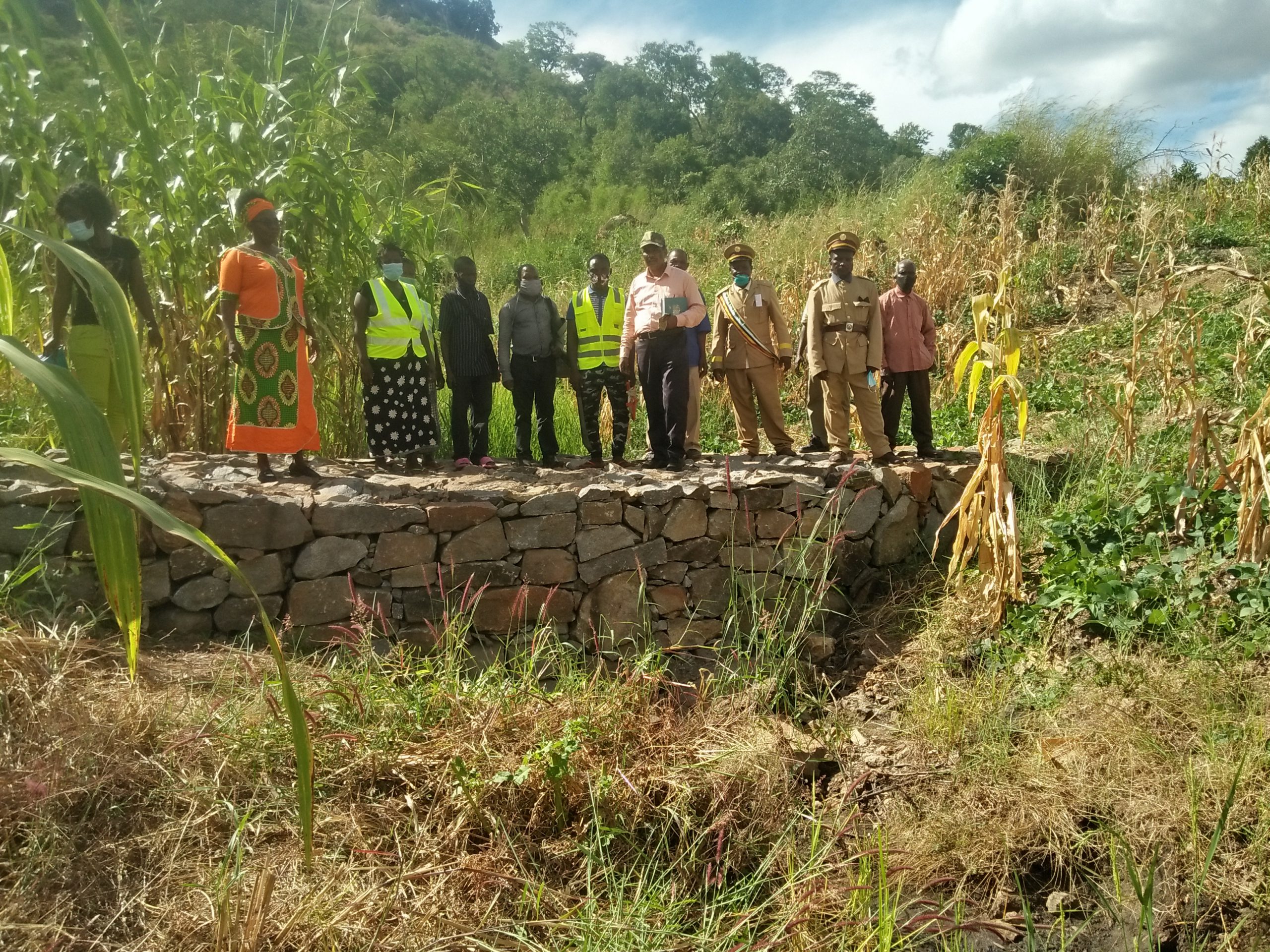
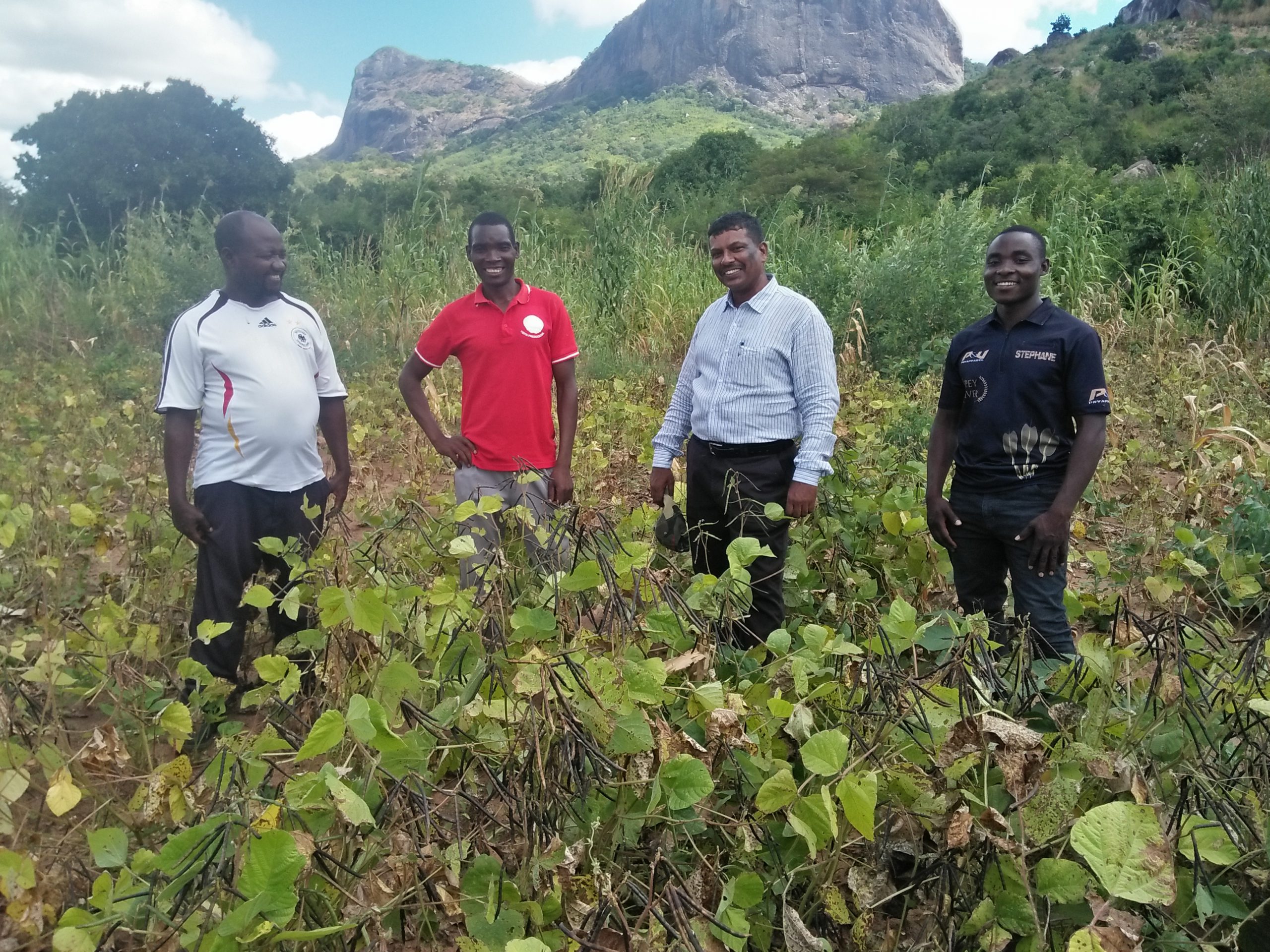
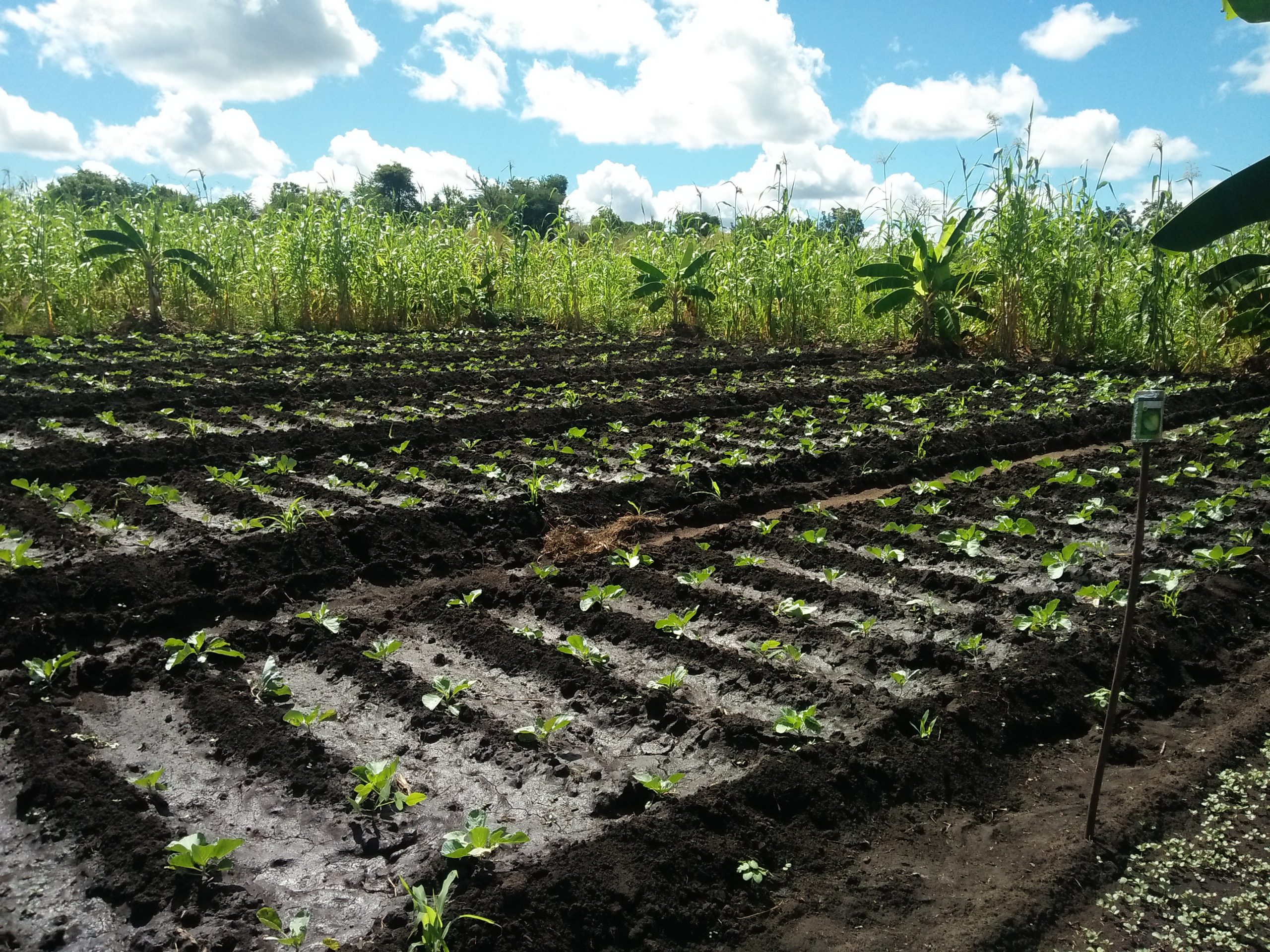
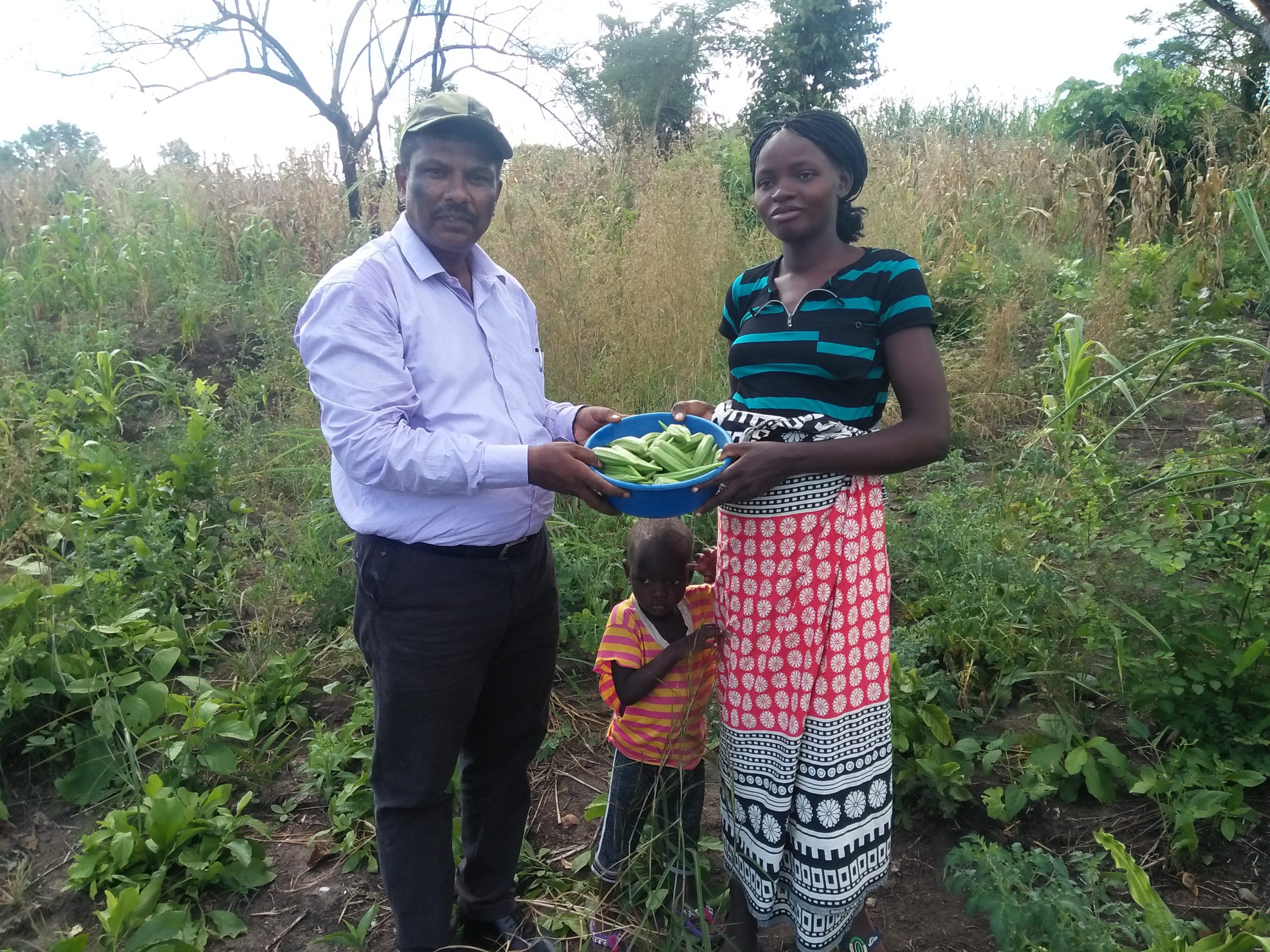
Comments are closed.
